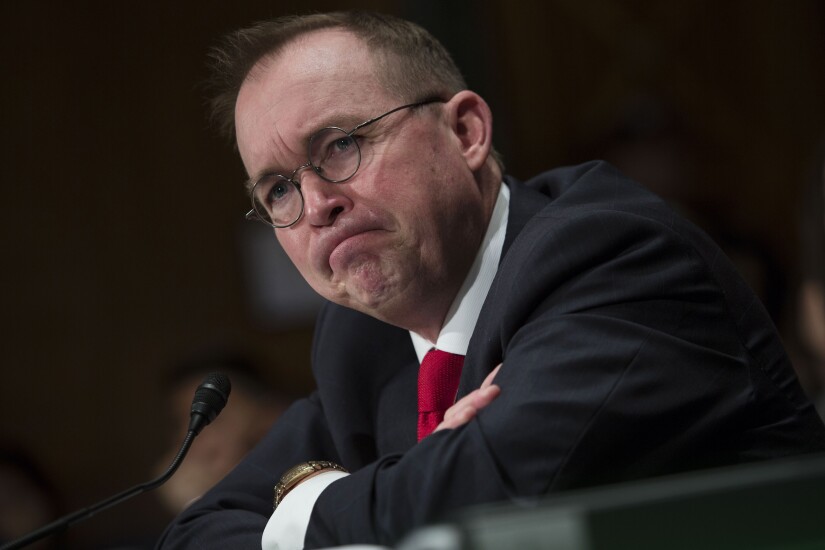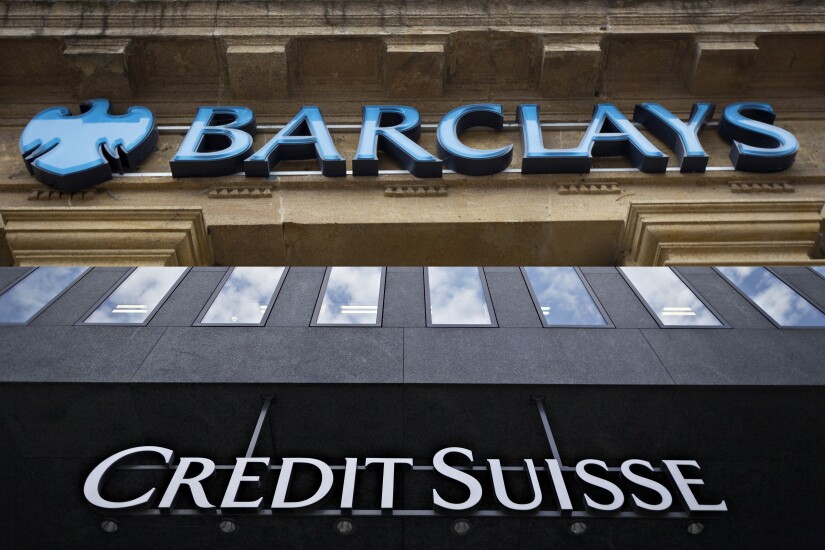
The many times N.Y. AG Eric Schneiderman tangled with banks
But Trump fans weren't the only ones celebrating. Since taking office in 2011, Schneiderman has been a thorn in the side of financial institutions, using his state’s significant clout to affect national policy debate on a host of topics ranging from dark pools to cryptocurrencies. In addition, some of the industry’s heftiest fines came at the hands of the AG, who vigorously pursued what his office saw as wrongdoing.
Here’s a look back at how Schneiderman has made his mark on the ways financial institutions do business.

Foreclosure settlements
The most recent ones came in March when New York announced a
He took similar actions against JPMorgan Chase, Citigroup, Bank of America, Goldman Sachs and Morgan Stanley.
All told, Schneiderman's work resulted in total cash and consumer relief of nearly $4 billion.

Wells in his sights
He, along with the New York State Department of Financial Services,

Defending CFPB's mission
The group of AGs said that many of Mulvaney's past statements about the agency, including calling it a "sick, sad" joke, disqualified him from office.
"Such statements about an agency that has helped millions of American consumers and achieved fundamental reform in a number of critically important areas of American commerce are categorically false, and should disqualify Mr. Mulvaney from leading the agency, even on an acting basis," the AGs wrote.

Dark pools
Barclays paid a penalty of $70 million, split between New York and the Securities and Exchange Commission, while Credit Suisse agreed to pay $60 million to the two agencies and an additional $24.3 million in disgorgement to the SEC related to other violations.

Crypto inquest
In April, Schneiderman upped the ante and
Many firms welcomed the chance to work with the AG, but at least one CEO was not thrilled: “Somebody has to say what everybody’s actually thinking about the NYAG’s inquiry,”





